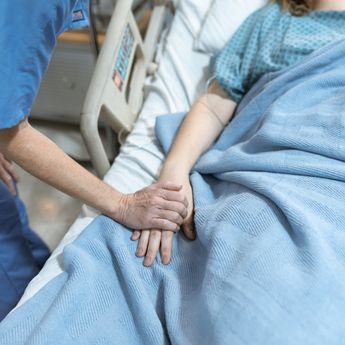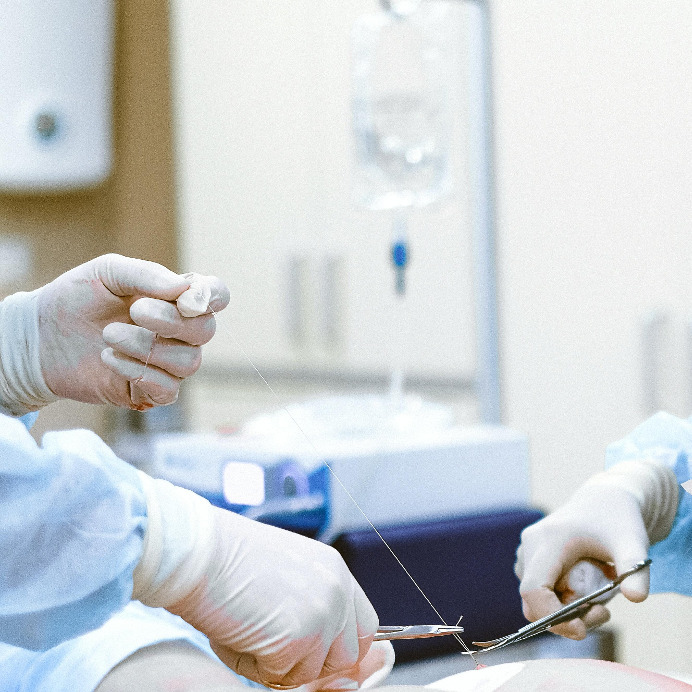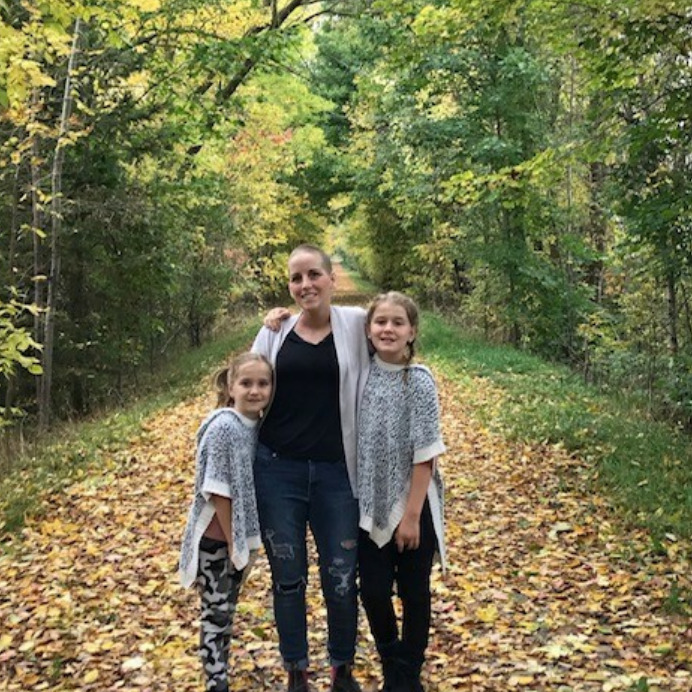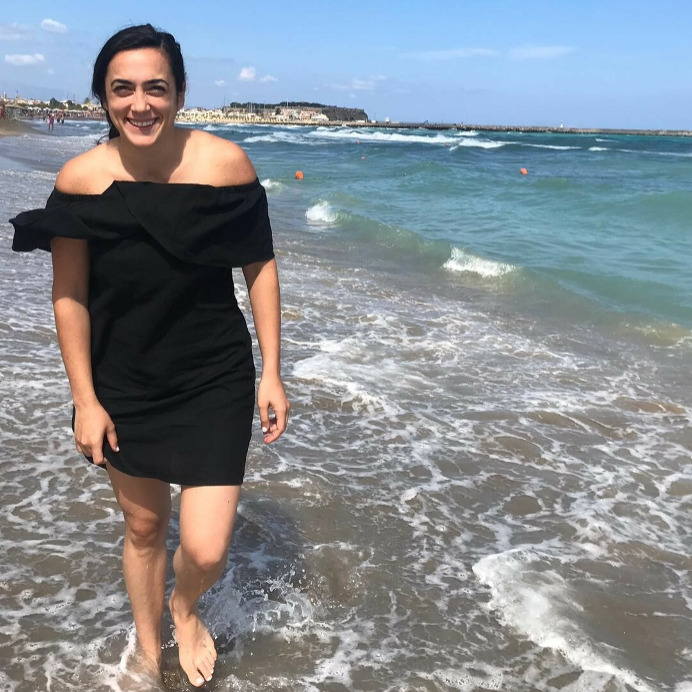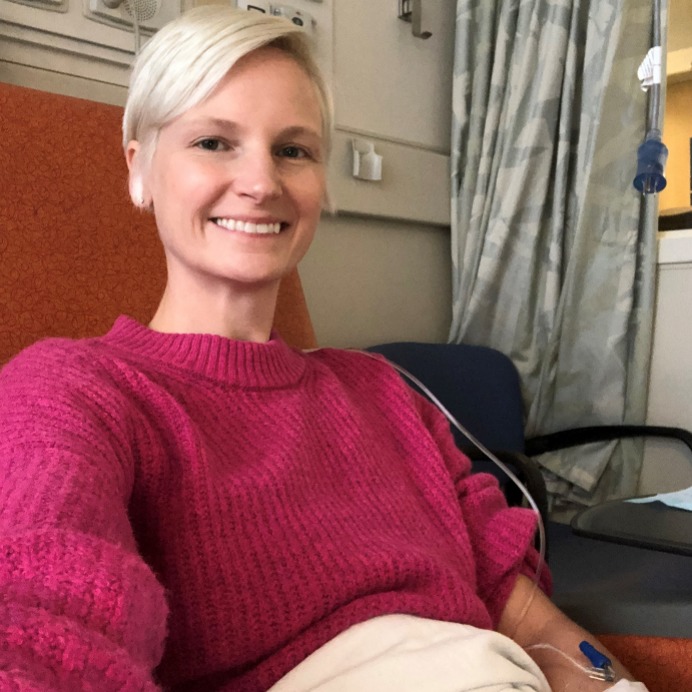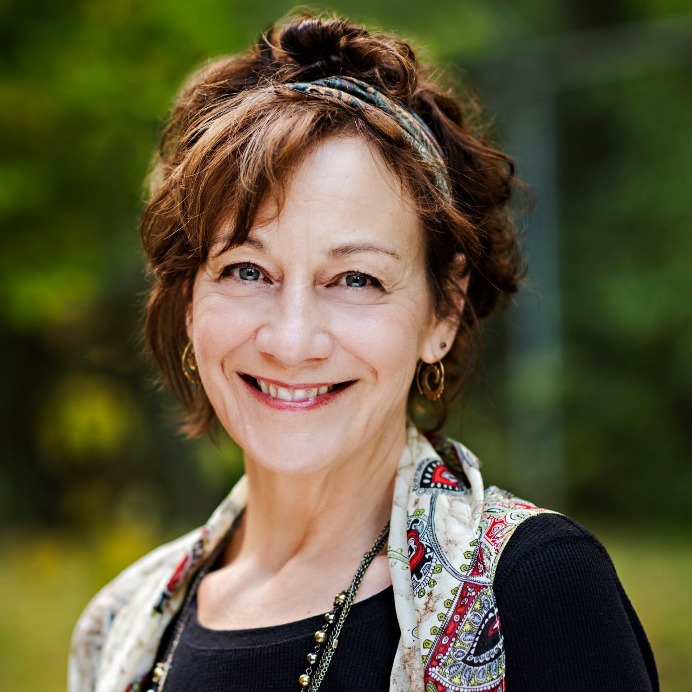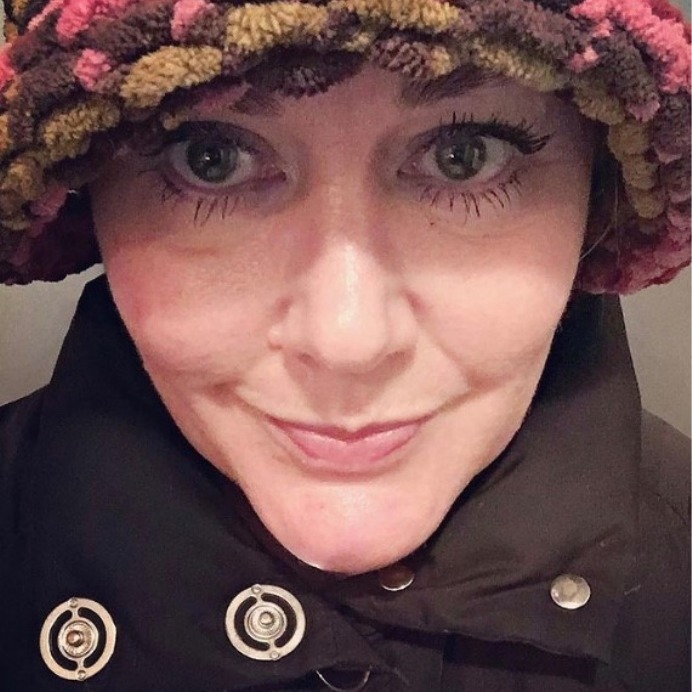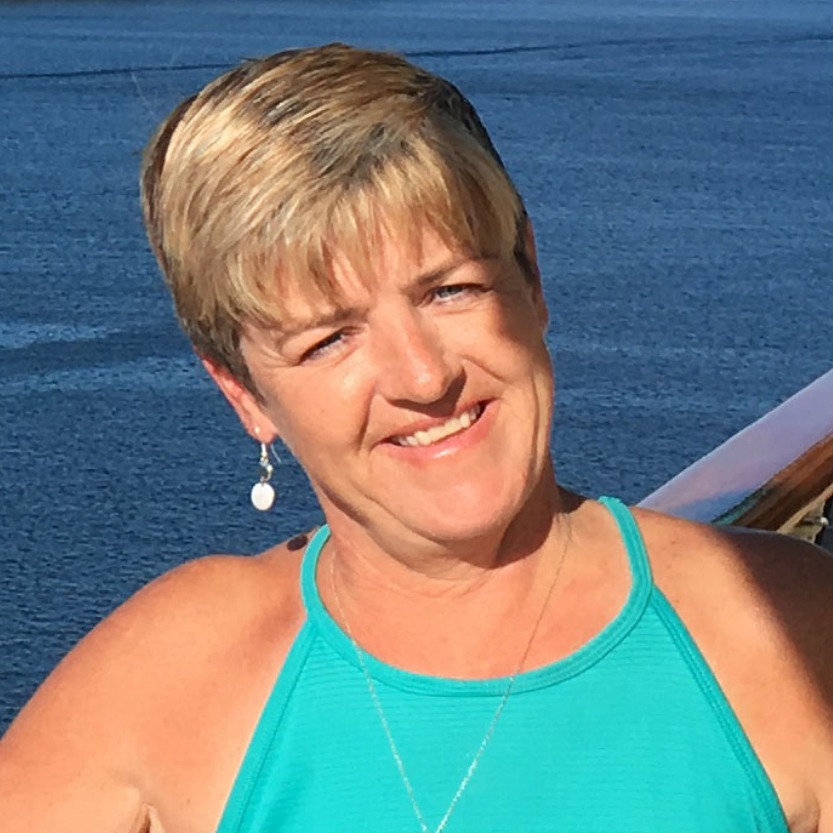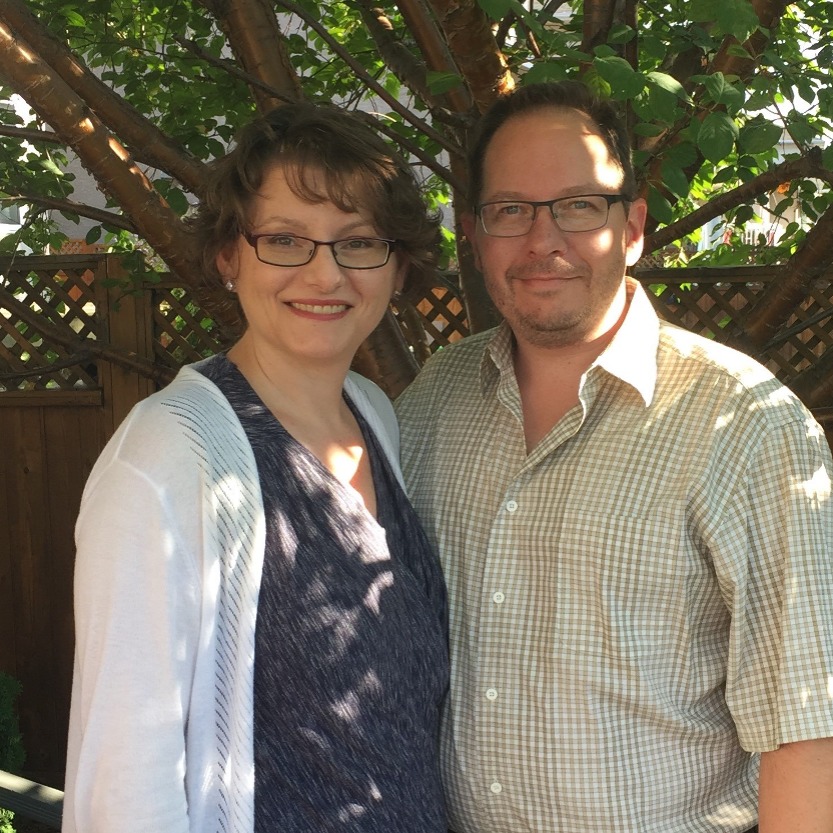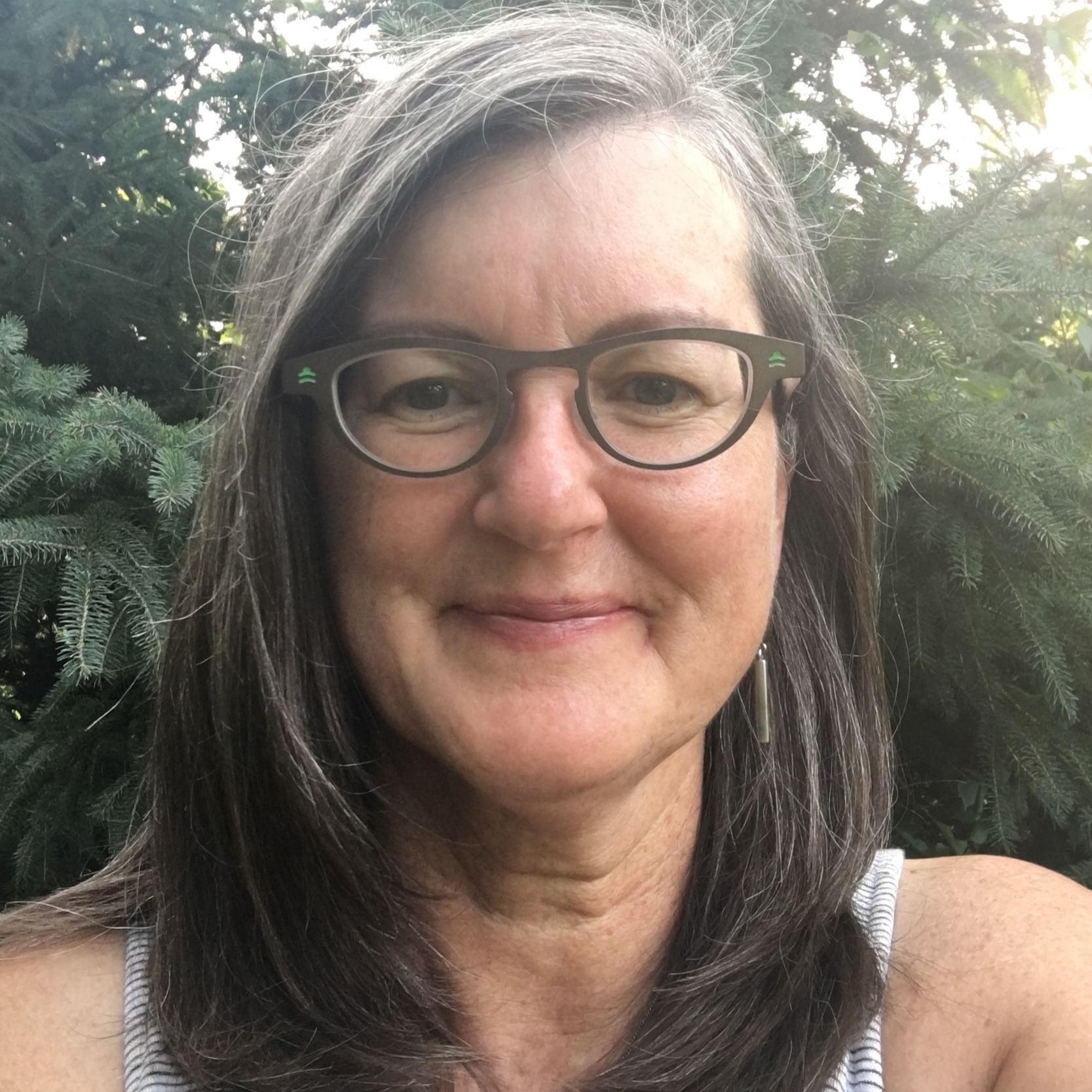By continuing to use our site, you consent to the processing of cookies, user data (location information, type and version of the OS, the type and version of the browser, the type of device and the resolution of its screen, the source of where the user came from, from which site or for what advertisement, language OS and Browser, which pages are opened and to which buttons the user presses, ip-address) for the purpose of site functioning, retargeting and statistical surveys and reviews. If you do not want your data to be processed, please leave the site.
The Voice of People With Breast Cancer
Education
Our Voices Blog
Tag : lumpectomy
My Breast Cancer Surgery
When I was 15, I ended up in hospital with a ruptured, grapefruit-sized cyst on my left ovary. Two years later, another cyst required a second surgery. Years later, in my early 30s, a perforated appendix landed me back on the operating table. So, when I was diagnosed with breast cancer and surgery became part of my treatment plan, it felt old hat.
Navigating persistent pain after breast cancer surgery: Challenges and solutions
Advances in the screening and management of breast cancer have resulted in substantial improvements for those diagnosed with the disease. Patients are living much longer after a breast cancer diagnosis, which is a major accomplishment of modern medicine. However, since patients are living longer, the complications associated with treatment (such as surgery, radiation, and chemotherapy) are becoming increasingly apparent. One such complication is the development of persistent pain in the area of breast cancer resection.
Reason #4 That Cancer Still Sucks: Surgery Can’t Prevent Recurrence
In this blog series, we present excerpts from Dr. David Stewart’s book A Short Primer on Why Cancer Still Sucks. The fourth reason that cancer still sucks is that it can recur in some patients even if it appears to have been removed completely by surgery. Surgery is not even an option for many patients.
My Genetic Test Results Changed my Treatment Plans
Stacy Zelazny lives in a tiny town in Ontario, literally, she resides in a little-known place called Tiny, Ontario. Stacy describes herself as a mom of two amazing girls who is married to her best friend and winning the biggest fight of her life.
“It’s probably nothing.”: Getting Breast Cancer in My 30’s
It all started in July 2021. A drop of bloody nipple discharge led me down the rabbit hole of Google and WebMD which, for once, was actually reassuring - it’s usually harmless. I scheduled an appointment with my doctor the following day who shared the same sentiment – it is probably nothing, but I will refer you to a breast clinic just in case. As a 30-year-old with no family history of breast cancer and a couple of benign fibroadenomas, I wasn’t too worried, and neither was my Surgical Oncologist initially; the odds were in my favour, it was likely benign. And so I attended my ultrasound, mammogram, and biopsy appointments – each time observing how the other women in the waiting room were decades older than me.
Being Diagnosed with Breast Cancer During a Pandemic
My name is Katharina and I was diagnosed with stage 2a breast cancer in March 2020 just when the pandemic was starting. I was 25 years old at the time. I had to go through testing and treatment alone without any support person by my side.
Questions and Experts Session Guide: A Surgical Oncologist Answers Questions about Breast Cancer Surgery
In today’s post, we provide the questions that were sent in and asked during the live session of our Questions and Experts session held in May 2021. In this session, Dr. Mark Basik, MD, FRCPC, a Medical Oncologist, answered questions about breast cancer surgery. In the parentheses, you’ll find the timestamp of where to find the question in the on-demand video.
Considerations for Nipple Sparing Mastectomy
Nipple Sparing Mastectomy (NSM) is a surgery performed on individuals removing their breast due to breast cancer or as a risk reduction method to prevent breast cancer. During this procedure, a small cut is made in the breast and the entire breast glandular tissue is removed from underneath the skin and nipple, leaving them intact. Breast reconstruction, using either an implant or natural tissue, is then performed at the same time. NSM is a procedure that attempts to balance the preservation of the breast area with an effective and successful breast cancer treatment.
Getting Through My Worst-Case Scenario
The worst weeks of my life had finally come to an end. It had been six weeks since my lumpectomy. Six terrifying weeks, living with many unknowns, in a state of complete disillusionment. But the wait was finally over because today I would meet my medical oncologist for the first time, she would go over my pathology report, and reveal my treatment plan. Going into the appointment I felt ready to face whatever would come my way. After experiencing the darkest days of my life, I had emerged feeling strong and optimistic. I had done a lot of research and decided that the odds were in my favour, I could beat this… unless I had triple negative breast cancer (TNBC), because that was a different story. However, I wasn’t worried about that because I knew that TNBC only makes up 10-20% of breast cancers and that aside from my age, I didn’t really have any risk factors. So, there I was, full of hope, when I was hit with what I had identified as the worst-case scenario. As soon as I heard “Your cancer is triple negative”, I burst into tears. I don’t remember much of the appointment after that.
Triple Negative Breast Cancer: Shoulda, Woulda, Coulda and a TIP
If you’re going to be told you have breast cancer, you want to be able to say, “They caught it early.” With Triple Negative Breast Cancer (TNBC) - an aggressive, difficult to treat type of breast cancer - early detection is especially important.
Eight Items That Helped Me Recover from Breast Cancer Surgery
The day my doctor told me I had breast cancer was the same day I met my surgeon and was scheduled for a partial mastectomy (otherwise known as a lumpectomy), breast-conserving surgery. It’s not surprising. The Canadian Breast Cancer Society attributes breast cancer as being the most commonly diagnosed cancer among Canadian women and the second leading cause of cancer death in Canada, so booking a surgery right away is a priority.
Three Things to Know Before Your Lumpectomy
I’m a talker. I like to communicate and sometimes, okay often, I’m an over-sharer. I need to know what’s going on and why and in my version of yin and yang, I believe that because I’m an open book everyone else will be too. Except, not so much.
A Palpable Mass
So, we could begin like all meeting group sessions do:
— Hi, hello. My name is Rebecca, I'm 37 and I have breast cancer.
— Hello Rebecca.
We could. Yeah.
Post-surgery tips from women who’ve been there
Simply put, surgery is awful. Your body is recovering from some major trauma. And if you were feeling rather healthy before surgery, afterwards can feel a bit like a train wreck. We asked women for their tips on making recovery a little more bearable.
Living flat is freedom
My name is Alison Thompson and I was diagnosed with breast cancer five years ago. To give you some background, my mother was diagnosed with breast cancer about 15 years ago. Her cancer was an aggressive form. It spread to her spine and brain, and she passed away about three years after the initial diagnosis.
SurgeryGuide is much-needed
For Andrea Sveinbjornson of Regina, the Canadian Breast Cancer Network’s new SurgeryGuide is an invaluable tool, one that she wishes she had when she had to make decisions about breast surgery in 2016.
Living with inflammatory breast cancer
In August 2014 I found a lump in my left breast. This is unusual for inflammatory breast cancer (IBC), a rare and very aggressive cancer where cancer blocks the lymph vessels.
SurgeryGuide: Helping you understand your surgical options
We all know how integral surgery is for the treatment of breast cancer. It’s usually the first step in treating early stages of the disease which means it can come quickly after diagnosis. The time when you’re still processing your diagnosis is also the time when you’re making some of the most important decisions about your treatment. Trying to make these decisions while learning this new, complicated language called cancer doesn’t make those decisions any easier.
History of breast cancer treatment
People have known about breast cancer since ancient times. For most of that time, there were no effective treatments. However, in the last 120 years, advances in surgical and medical treatments have meant that today, 98 percent of patients with localized breast cancer survive at least five years after diagnosis. The following timeline shows the development of breast cancer treatments.

